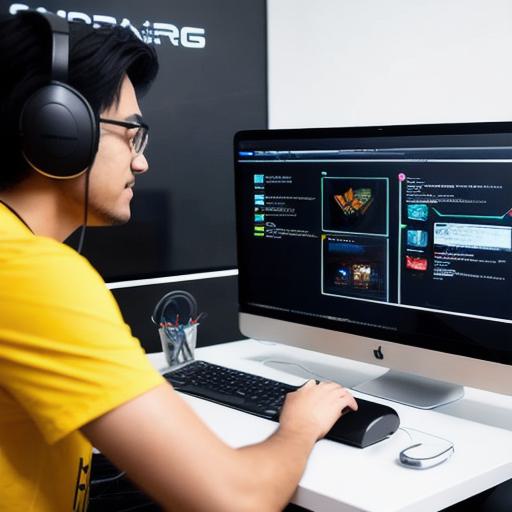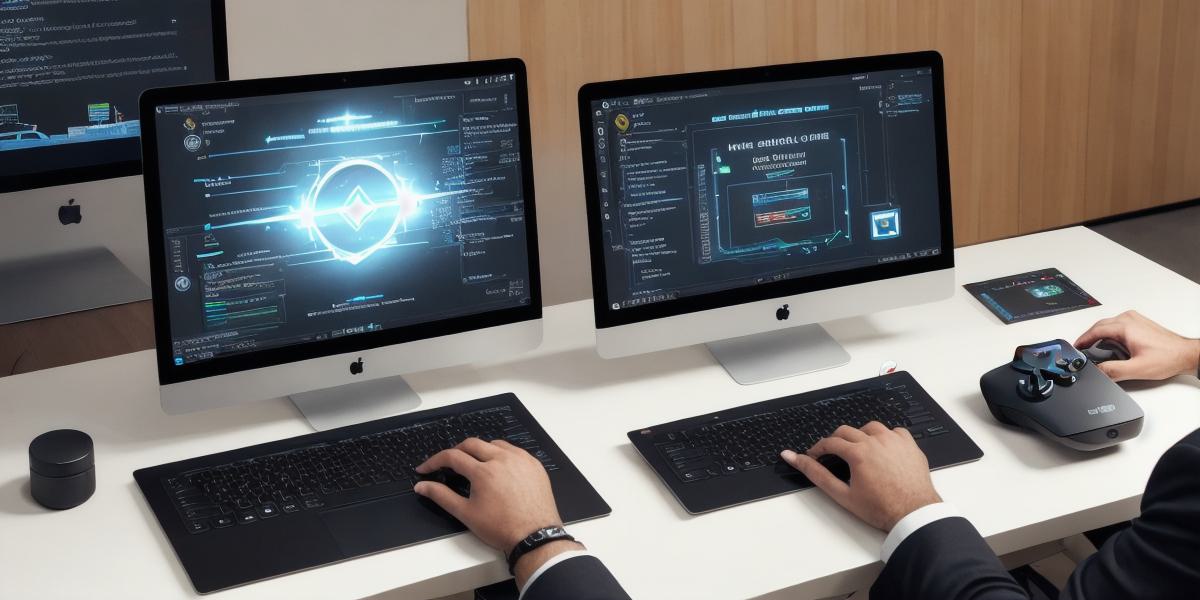Introduction
Welcome, web developers!
If you’ve ever considered expanding your horizons beyond the confines of front-end and back-end development, game development might be an exciting new adventure for you. Unity is a powerful and widely-used game engine that offers an accessible entry point into this dynamic field. In this guide, we’ll walk through the steps to get started with game development in Unity as a web developer.
**Why Choose Unity?**
Unity is a cross-platform game engine that supports both 2D and 3D game development. It boasts an extensive community, comprehensive documentation, and a large library of assets, making it an ideal choice for beginners and seasoned developers alike. Additionally, Unity allows for the creation of games that can be played in web browsers via WebGL or standalone applications.
**Prerequisites**
Before diving into Unity, ensure you meet these prerequisites:

1. Basic understanding of programming concepts (variables, loops, functions, etc.)
2. Familiarity with C or willingness to learn it
3. A computer meeting the minimum system requirements for Unity
**Downloading and Installing Unity**
Visit the [Unity Hub](https://unity3d.com/get-started) website, download and install Unity Hub. This centralized installation manager simplifies managing multiple Unity versions and projects.
**Setting up a New Project**
1. Launch Unity Hub, click “Install” next to Unity.
2. Choose your desired version and click “Next.”
3. Select the components you need (e.g., 2D or 3D) and click “Done.”
4. Start Unity from Unity Hub.
5. In the Welcome screen, click “New Project” to create a new project.
**Learning the Basics of Unity**
Unity’s interface can be overwhelming at first, but fear not!
The following resources are essential for learning the basics:
1. **Tutorials:** Unity’s official tutorials cover various aspects of game development in both 2D and 3D.
2. **Documentation:** Familiarize yourself with Unity’s extensive documentation to understand each feature.
3. **Learn C:** Since Unity primarily uses C for scripting, it is crucial to have a solid grasp of the language.
**Creating Your First Game**
To create your first game, follow these simple steps:
1. Create a new 2D project.

2. Add sprites and set up the scene.
3. Write scripts for player movement, enemy AI, etc.
4. Set up basic UI elements such as score and lives.
5. Test your game in Unity Editor or export it to WebGL for web testing.
**Conclusion**
Game development in Unity offers a wealth of opportunities for web developers looking to expand their skill set. With its intuitive interface, extensive documentation, and large community, getting started with Unity is an exciting journey into the world of game development.
